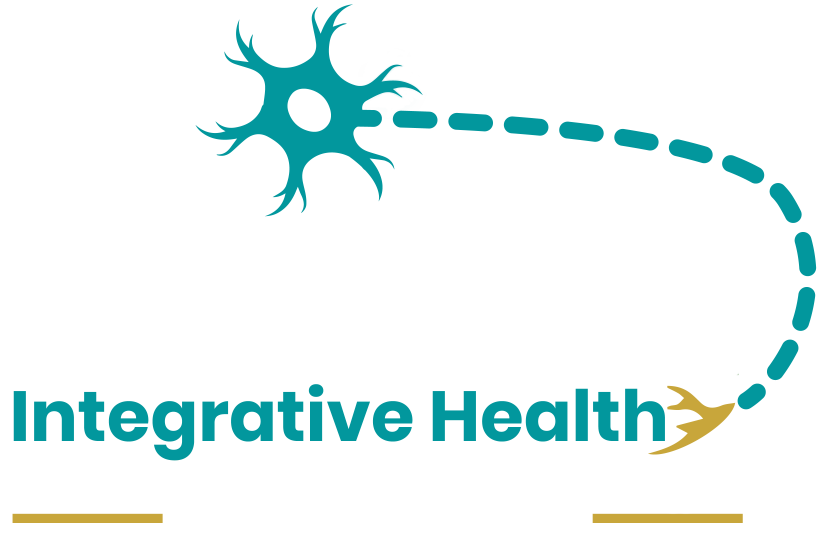by: John Pelowich 1/8/24 “Director of Neurofeedback and Mindset Coaching” at Axon
A January 2022 article from Harvard Health Publishing out of Harvard Medical School titled “What causes depression” and headed with “Onset of depression more complex than a brain chemical imbalance” addresses how different parts of the brain affect mood.
The article begins – “It’s often said that depression results from a chemical imbalance, but that figure of speech doesn’t capture how complex the disease is. Research suggests that depression doesn’t spring from simply having too much or too little of certain brain chemicals. Rather, there are many possible causes of depression, including faulty mood regulation by the brain, genetic vulnerability, and stressful life events. It’s believed that several of these forces interact to bring on depression.”
It continues with – “To be sure, chemicals are involved in this process, but it is not a simple matter of one chemical being too low and another too high. Rather, many chemicals are involved, working both inside and outside nerve cells. There are millions, even billions, of chemical reactions that make up the dynamic system that is responsible for your mood, perceptions, and how you experience life. With this level of complexity, you can see how two people might have similar symptoms of depression, but the problem on the inside, and therefore what treatments will work best, may be entirely different.”
Further relevant excerpts from the article – “Major advances in the biology of depression include finding links between specific parts of the brain and depression effects. Researchers believe that – more important than levels of specific brain chemicals – nerve cell connections, nerve cell growth, and the functioning of nerve circuits have a major impact on depression.”
The article also considers the following – “Researchers are exploring possible links between sluggish production of new neurons in the hippocampus and low moods. An interesting fact about antidepressants supports this theory. These medications immediately boost the concentration of chemical messengers (neurotransmitters) in the brain, yet people typically don’t begin to feel better for several weeks or longer. Experts have long wondered why, if depression were primarily the result of low levels of neurotransmitters, people don’t feel better as soon as levels of neurotransmitters increase. The answer may be that mood only improves as nerves grow and form new connections, a process that takes weeks. In fact, animal studies have shown that antidepressants do spur the growth and enhance branching of nerve cells in the hippocampus. So, the theory holds, the real value of these medications may be in generating new neurons (a process called neurogenesis), strengthening nerve cell connections, and improving the exchange of information between nerve circuits.”
Finally, the article gives some brief neuroanatomy information – “The amygdala is part of a group of structures deep in the brain that’s associated with emotions such as anger, pleasure, sorrow, fear and sexual arousal. Recalling an emotionally charged memory, such as a frightening situation, activates the amygdala. Activity in the amygdala is higher when a person is sad or clinically depressed, and this continues even after recovery from depression. The basal ganglia are a related group of structures deep in the brain. They are connected to and interact with structures that are closer to the brain’s surface. They may help facilitate movement and may be involved in memorizing, thinking, and emotional processing. Some studies have found shrinkage and other structural changes in the basal ganglia in people with depression. The hippocampus plays a key role in processing long-term memory. Interplay between the hippocampus and the amygdala might account for the adage “once bitten, twice shy.” It is this part of the brain that registers fear when you are confronted by a barking, aggressive dog, and the memory of such an experience may make you wary of dogs you come across later in life. The hippocampus is smaller in some depressed people, and research suggests that ongoing exposure to stress hormones impairs the growth of neurons in this part of the brain.”
At Axon Integrative Health, we have a service that addresses nearly everything this Harvard article explains. The service is called Neurofeedback and it is a process of detecting the electrical activity of the brain (brainwaves) and then guiding that activity back toward optimal levels. The mechanism (the ‘how-it-works’) is by way of operant conditioning; which essentially is a technique that involves rewarding for ideal behavior and outcome, withholds reward when ideal result is no longer present, and repeats this process over and over, reinforcing the desired behavior while also decreasing occurrence of the undesirable.
This process is non-invasive and does not rely on medications or other chemicals and drugs. We begin with a qEEG of the brain, which gives us information of the nature of your brainwaves (how much, how fast or slow, where) as well as the connectivity and communication of different areas of the brain (too much, too little, early or late, too loud or quiet). This information is all presented as a comparison to healthy norms for your age, gender and handedness, derived from an international normative database of qEEG information.
Just as the article highlights as beneficial for nerve cells and networks, Neurofeedback helps an individual strengthen underperforming areas of the brain, de-couple structures and networks that are hyper-communicative or locked in, calm areas that may be consistently overactive, and more. It helps to cultivate a fertile environment in the brain that allows individuals to distance themselves from experiences of depression as well as become more familiar with bouts of joy and happiness, and this is just one example of what neurofeedback often has life-changing impact on. Improved sleep, better focus, resilience against stress, enhanced decision-making and critical thinking capacity and much more are all benefitted by neurofeedback.
We imagine you may have follow-up questions, we receive tons of intelligent and more detailed inquiries, and we invite them!
If depression is something you are beginning to, or still, searching for effective assistance with, then call us today at 720.994.AXON(2966) for a complimentary conversation or to coordinate with our schedule for services. We are excited for the opportunity to help!







